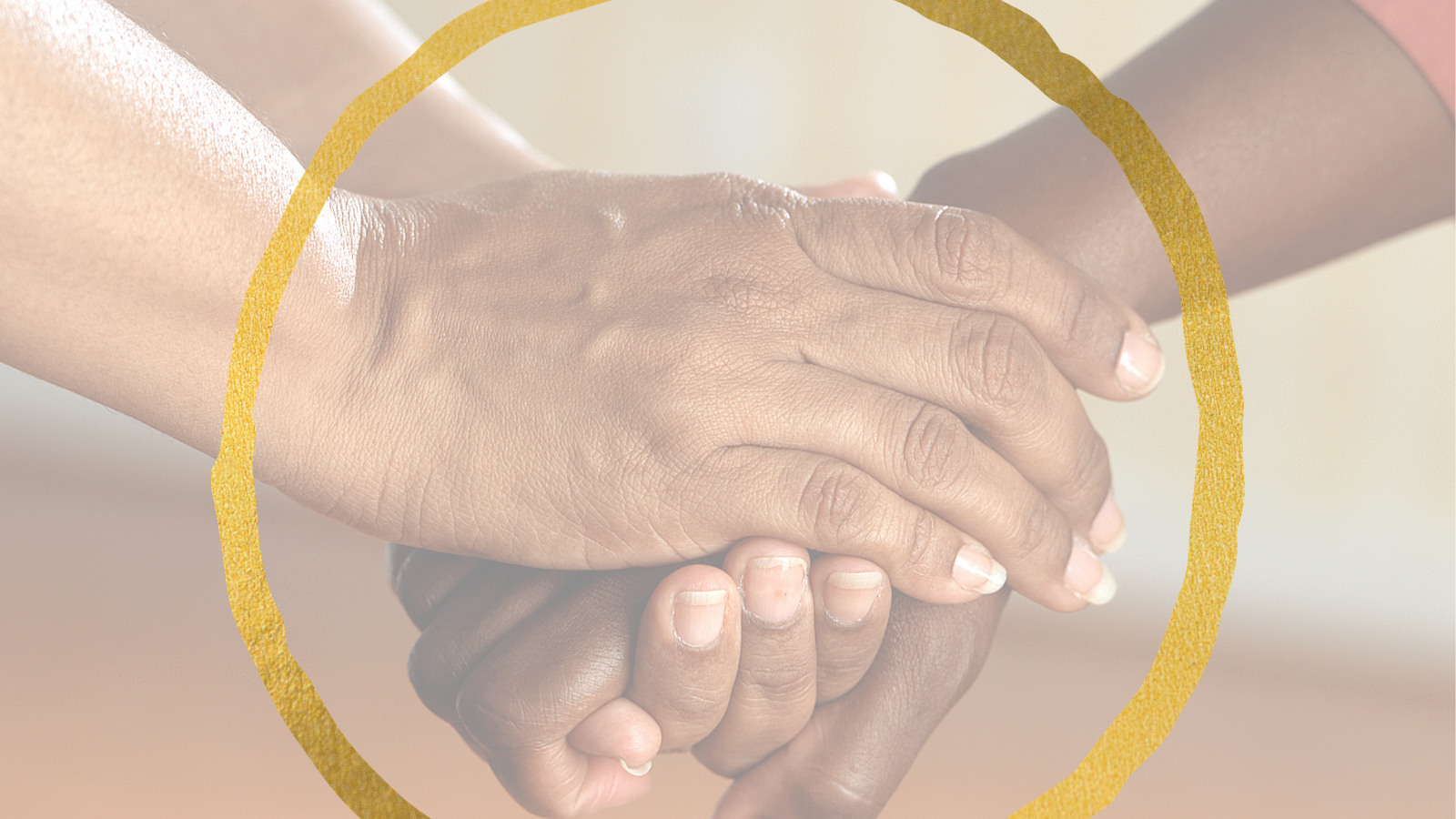UN Security Council Resolution 1325 and its successors, known as the Women, Peace and Security (WPS) resolutions, recognize that sexual and gender-based violence (SGBV) plays a critical role in conflicts as a means of warfare. The WPS resolutions also recognize that survivors of such violence are entitled to reparations that are sensitive to the particular context of and harms suffered by victims of SGBV, as part of a holistic and effective peace process. In Mali and Colombia, where armed conflict has been characterized by widespread SGBV, these reparations must take into account not only the varied situations of individual survivors but also the structural drivers of SGBV that predated the conflict and continue to affect survivors and wider society after peace agreements are signed and weapons are lowered.
In this event, the President of MUSONET Mali, Mama Koité Doumbia, and the Coordinator for Legal Affairs at Corporación Humanas Colombia, Viviana Rodríguez Peña, discuss what current and possible future reparations laws and policies mean for survivors of SGBV in Mali and Colombia and how their respective countries might inform one another. They also highlight how the WPS framework must better support access to reparations as part of a transformational transitional justice process to ensure meaningful and durable peace for all.

